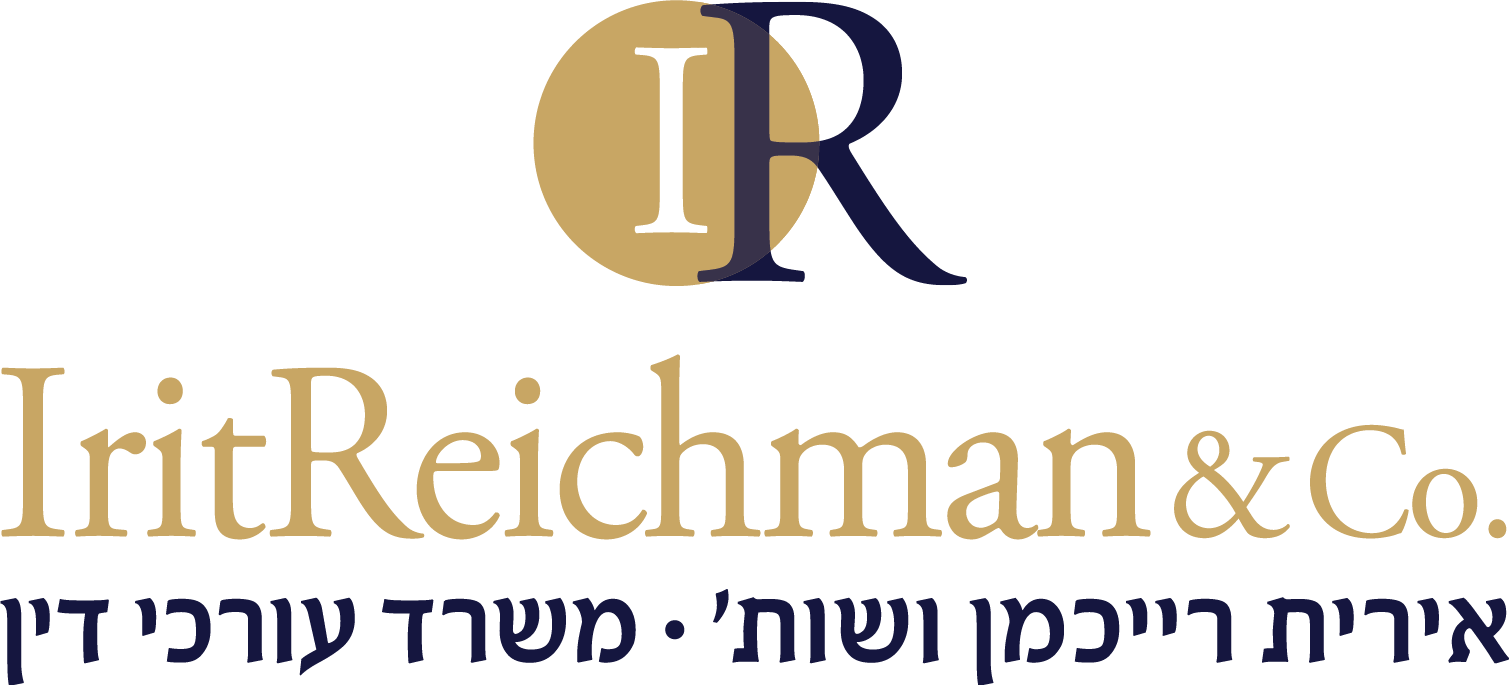Many disagreements over inheritance arise when what is stated in the last will and testament of the deceased, conflicts with Israel’s inheritance law and/or what is stated in the agreements the deceased made during his life, including a founders’ agreement, financial agreements, beneficiaries of insurance policies, and the like.
This was true in a case in which an action was instituted by an executor regarding the return of company shares that belonged to the deceased (half of the company shares). The executor claimed that transferring the shares to the second-biggest shareholder in the company was – based on a paragraph in the founders’ charter – invalid and improper because it was a transaction of inheritance that contradicted the inheritance law.
In this case, the company that the deceased owned and another company owned by the respondent to the action had a signed founders’ charter, as part of which they agreed to the establishment of a third company that would be equally owned and shared by the two companies – that of the deceased and that of the respondent. One paragraph of the founders’ charter specified that, should one of the share-owners of the joint company die, the shares would be transferred to the remaining partner.
The family court rejected the action brought by the executor of the estate to return the shares to the estate of the deceased, saying that the paragraph in the founders’ charter that determined the transfer of the shares in case of the death of one of the company shareholders is not considered an inheritance transaction. Furthermore, the court determined that the founders’ charter was the result of the intention and creation by the deceased and the respondent when the joint company was founded, and its purpose was to prevent a situation in which half the company shares would be transferred to an heir based on the law or another person other than the two of them.
It’s important to note that the court also stated, in parentheses, that just as the inheritance law does not apply to financial agreement between spouses, it is possible to apply this analogy also to a founders’ charter between sides, as was the case here, and even to payments based on insurance contracts.
This ruling is a direct outcome of the currently prevalent spirit of rulings by which a last will and testament must be interpreted in line with the intention of the deceased and according to his/her will, while respecting the agreements and contracts the deceased drew up while alive.
Nonetheless, and in order to minimize future disagreements, it is important to make sure that there is congruence between what the will states and what is determined by the agreements the person made in his/her lifetime, including founders’ charter, financial agreements, etc.
The information above does not constitute legal counsel.







